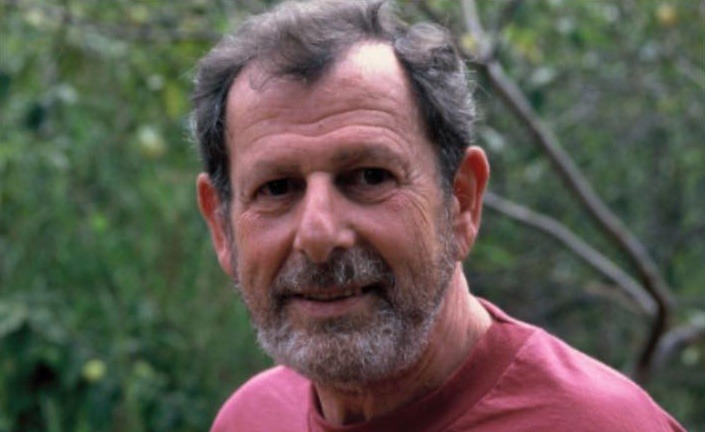Our last truly awful governor, Dixy Lee Ray, had a genuinely slick solution on how to move Alaska North Slope oil to the Midwest and East. Dixy wanted to put an oil tanker superport and pipeline terminus at Cherry Point north of Bellingham.
The superport proposal generated widespread alarm. In a show of black humor, Seattle Weekly greeted the governor’s inauguration with a cover showing Dixy in a bathing suit spilling a container of oil. Dixy fumed at the criticism.
I was reporting the oil port battle and came to know one Bob Lynette, leader of the Coalition Against Oil Pollution. He was a model of understated influence, wanting his cause recognized before himself. Lynette passed away at home in Sequim on September 30. Along with everyone who loves Puget Sound, I owe this gentlemen a debt of gratitude.

He was an aeronautical engineer at Boeing, a quality-control specialist whose job was to brainstorm how airplane systems could go wrong. That was years before McDonnell Douglas brass moved in and began to cut corners and safety. Bob took his skills and applied them to potential oil spills and consequences to Puget Sound. The result, pardon the pun, was Sound risk assessment. It raised alarm about the spill potential of single-shell tankers. As well, there would be increased vessel traffic on inland waters posing collision dangers.
The petroleum industry and allied U.S. Coast Guard took an it-can’t-happen-here attitude toward a potential spill. It didn’t help that the young Coast Guard officer selling safety navigation lanes was one David Jones. He was noticeably uptight at locker jokes.
Lynette supplied the astute warnings. Sen. Warren Magnuson and young aides — he called them “bumblebees” — dealt with potential consequences. We were talking about some of the world’s most sensitive marine waters, populated by Orca whales and inbound salmon runs, plus a major recreation economy.
A master legislator, Maggie intriduced a “little amendment” to the renewal of an obscure law — the Marine Mammal Prorection Act. It prohibited tankers of greater than 125,000 dead weight tons in the Strait of Juan de Fuca, east of Ediz Hook. The legislation sailed unopposed through the Senate. Freshman Rep. Norm Dicks finessed it through the House using skills he had learned as a top Magnuson aide.
Gov. Ray was taken completely by surprise. A furious Dixy called Magnuson “a dictator.” Maggie was delighted. He privately called her a wickedly funny nickname, and was in the process of thwarting her attempt to make Hanford a national dumping site for nuclear waste.
The lead sentence on my background story: “Bob Lynette stood up and something happened.” It earned a rebuke from him, as he emphasized the importance of others. As Bill Arthur of the Sierra Club put it in an email, “He was always humble and understated but a damn effective organizer, advocate, and person.”
The tanker ban also showed (pre-Trump) that a citizen can still game the system in America, and make good stuff happen even facing powerful forces. Lynette would later work on another big win, legislation that created the Alpine Lakes Wilderness Area.
He departs having worked on one more worthy cause: The Wild Olympics proposal would designate about 130,000 acres of new wilderness and designate streams under the Wild and Scenic Rivers Act. The campaign is notable for its broad grassroots (local and business) backing.
The tanker ban still stands, although completion of Canada’s TransMountain pipeline enlargement has heightened tanker traffic. Refineries are still operating at Anacortes and Cherry Point. They are served by smaller vessels, with required tugboat escorts as they pass through the channel between Orcas and Lummi Islands en route to Cherry Point.
Words of assurance came from Magnuson in the form of a memorable blooper from a spirited consumer of spirits. We don’t even need supertankers, Maggie told a Democratic dinner, since existing oil tankers can supply “every distillery on the Coast.” In that spirit, let us lift cups and toast the legacy of Bob Lynette.
This story also appears in Cascadia Advocate.
Discover more from Post Alley
Subscribe to get the latest posts sent to your email.

This is a great story about a very important man who contributed so much to our region. I remember all of these major legislative battles, and participated in a few protests on behalf of Cherry Point, especially. Until this story, I had not heard, or remembered, the name Bob Lynette. I’m sorry about that, but I do remember what were his major fights, and agreed with them. I really like the last sentence in this article by Joel Connelly, “let us lift cups and toast the legacy of Bob Lynette”.